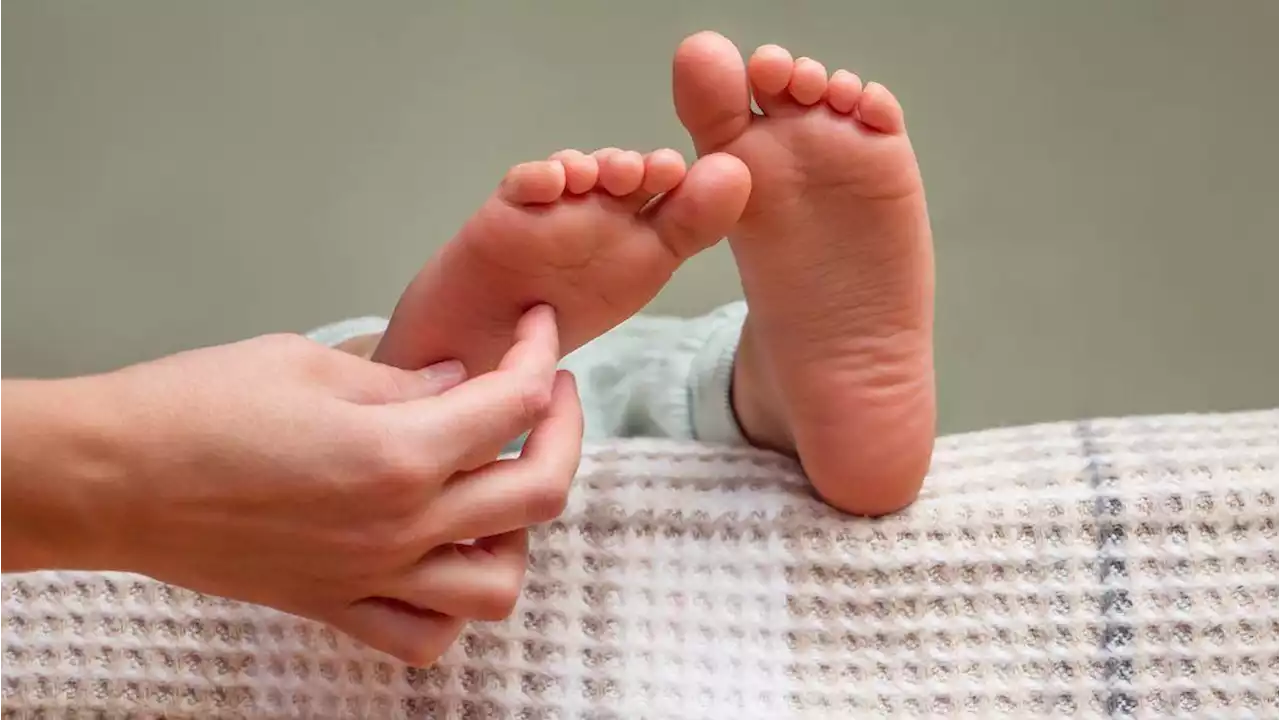Alberta’s opioid policy changes threaten physician autonomy
Bonnie Larson is an assistant clinical professor of family medicine at the University of Calgary with certification in addictions medicine.The relationship between a patient and their family physician is unique.
The value of this relationship is contingent on a physician’s freedom to build a customized therapy plan with each patient. We were therefore dismayed to hear the Alberta government’s recent announcement aboutthat restricts family physicians’ ability to provide certain treatments to patients with severe opioid use disorder.
Such service models are far from patient-centred, trauma-informed, inclusive and culturally safe. The moral distress for physicians who are forced to comply with the new standards – with only a three-month grace period – is significant. Not only is the model of care in opposition to the recommended and evidence-based standard, it also places their dear patients – for whom they would go to the Earth’s end – at high risk of disability andIn Canada, the medical profession is self-regulated.
Although the colleges that regulate doctors are meant to be arm’s-length and are, theoretically, independent of government, they exist only because they are provincially legislated to exist. Therefore, they can also be legislated to cease to exist. In that case, politicians rather than physicians would ultimately be making everyone’s health care decisions.
toward similar types of governments – which call themselves conservative yet interfere with privacy, professional autonomy, education and access to data in the manner of big bureaucracies – other provinces may follow suit.
المملكة العربية السعودية أحدث الأخبار, المملكة العربية السعودية عناوين
Similar News:يمكنك أيضًا قراءة قصص إخبارية مشابهة لهذه التي قمنا بجمعها من مصادر إخبارية أخرى.
 Comedian and CBC host Ali Hassan documents his road to self-discovery in a new memoirIs he a comedian who cooks? A cook who tells jokes? A “pan-South Asian?” A “cultural Muslim”? These are part of the gnarl of identities that Toronto-based comedian and CBC host Ali Hassan confronts in his new memoir, “Is There Bacon in Heaven?”
Comedian and CBC host Ali Hassan documents his road to self-discovery in a new memoirIs he a comedian who cooks? A cook who tells jokes? A “pan-South Asian?” A “cultural Muslim”? These are part of the gnarl of identities that Toronto-based comedian and CBC host Ali Hassan confronts in his new memoir, “Is There Bacon in Heaven?”
اقرأ أكثر »
 It's official: Tickling yourself won't make you laughUnderstanding how and why we laugh when tickled could help us understand more about the brain. – via healthing_ca neuroscience healthnews healthing
It's official: Tickling yourself won't make you laughUnderstanding how and why we laugh when tickled could help us understand more about the brain. – via healthing_ca neuroscience healthnews healthing
اقرأ أكثر »
 It's official: Tickling yourself won't make you laughUnderstanding how and why we laugh when tickled could help us understand more about the brain. – via healthing_ca neuroscience healthnews healthing
It's official: Tickling yourself won't make you laughUnderstanding how and why we laugh when tickled could help us understand more about the brain. – via healthing_ca neuroscience healthnews healthing
اقرأ أكثر »
 It's official: Tickling yourself won't make you laughUnderstanding how and why we laugh when tickled could help us understand more about the brain. – via healthing_ca neuroscience healthnews healthing
It's official: Tickling yourself won't make you laughUnderstanding how and why we laugh when tickled could help us understand more about the brain. – via healthing_ca neuroscience healthnews healthing
اقرأ أكثر »
 It's official: Tickling yourself won't make you laughUnderstanding how and why we laugh when tickled could help us understand more about the brain. – via healthing_ca neuroscience healthnews healthing
It's official: Tickling yourself won't make you laughUnderstanding how and why we laugh when tickled could help us understand more about the brain. – via healthing_ca neuroscience healthnews healthing
اقرأ أكثر »
 It's official: Tickling yourself won't make you laughUnderstanding how and why we laugh when tickled could help us understand more about the brain. – via healthing_ca neuroscience healthnews healthing
It's official: Tickling yourself won't make you laughUnderstanding how and why we laugh when tickled could help us understand more about the brain. – via healthing_ca neuroscience healthnews healthing
اقرأ أكثر »
